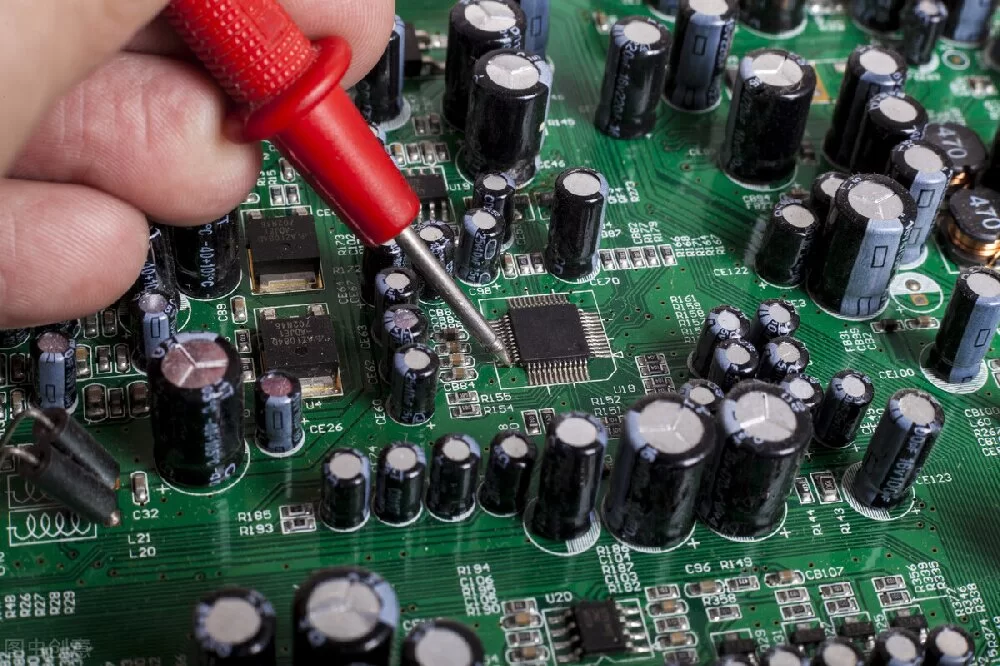The function of decoupling capacitors plays a crucial role in PCB design and production. This article will delve into the The role of decoupling capacitors, their importance, effects, and applications in PCB design and production.
The function of decoupling capacitors is to suppress power supply noise by providing a low impedance path between the power supply and ground. Typically, power supply noise propagates through power lines, affecting the normal operation of circuits. Decoupling capacitors provide a low impedance at high frequencies, allowing power supply noise to reach the ground through the capacitor, thereby reducing its impact on the circuit.
Having understood the basic The role of decoupling capacitors, let's examine their importance. The The role of decoupling capacitors is to stabilize voltage and prevent power supply voltage fluctuations from affecting the normal operation of the circuit. When high-frequency switching signals are present in the circuit, the power supply voltage often experiences transient fluctuations, which can impact circuit performance and even lead to circuit failure. Decoupling capacitors act as a buffer, maintaining stable power supply voltage and ensuring the circuit operates normally.

function of decoupling capacitors
The function of decoupling capacitorsalso includes filtering out high-frequency noise. In circuits, interference between various components is inevitable, especially in high-frequency circuits. High-frequency noise can propagate through power lines to other components, affecting their normal operation. Decoupling capacitors provide low impedance at high frequencies, allowing high-frequency noise to reach the ground through the capacitor, thereby reducing interference with other components.
In PCB design, the The role of decoupling capacitors is particularly important. PCB designers need to strategically place decoupling capacitors on the circuit board to ensure circuit stability and reliability. Typically, decoupling capacitors are placed close to the power pins to ensure stable power supply voltage. Additionally, designers must consider the capacitance and quantity of decoupling capacitors to meet the circuit's requirements.
The function of decoupling capacitors is also critical in PCB production. During production, circuit boards are exposed to various interferences and noises that propagate through power lines to various components, affecting normal circuit operation. Decoupling capacitors provide low impedance at high frequencies, allowing interferences and noises to reach the ground through the capacitor, thereby reducing their impact on the circuit.
To optimize the The role of decoupling capacitors, engineers and manufacturers must take several measures. First, during the design phase, precise calculations and simulations of the circuit's power supply noise are necessary to determine the capacitance and quantity of decoupling capacitors. Second, during production, strict control over the manufacturing process of the circuit board is essential to ensure quality and stability. Lastly, in practical applications, regular testing and verification of the circuit's power supply noise are necessary to ensure reliability and stability.
Overall, the The role of decoupling capacitors is to suppress power supply noise, stabilize power supply voltage, filter out high-frequency noise, and ensure normal circuit operation. In PCB design and production, the strategic placement and use of decoupling capacitors are crucial for circuit stability and reliability.
The function of decoupling capacitors is vital in PCB design and production. Through strategic design and use, power supply noise can be effectively reduced, ensuring circuit stability and reliability. We hope this article helps you better understand the The role of decoupling capacitors and apply them in practical applications.